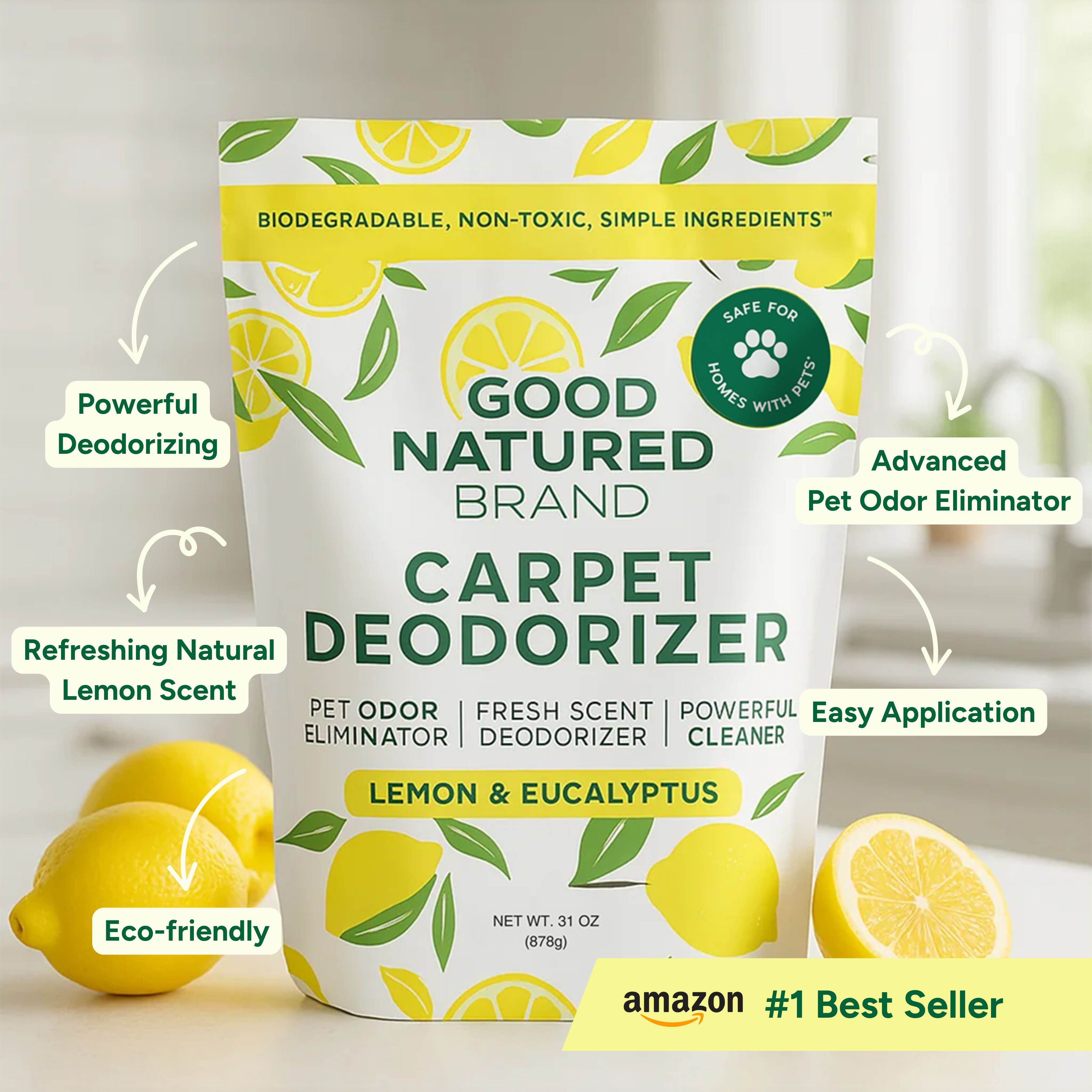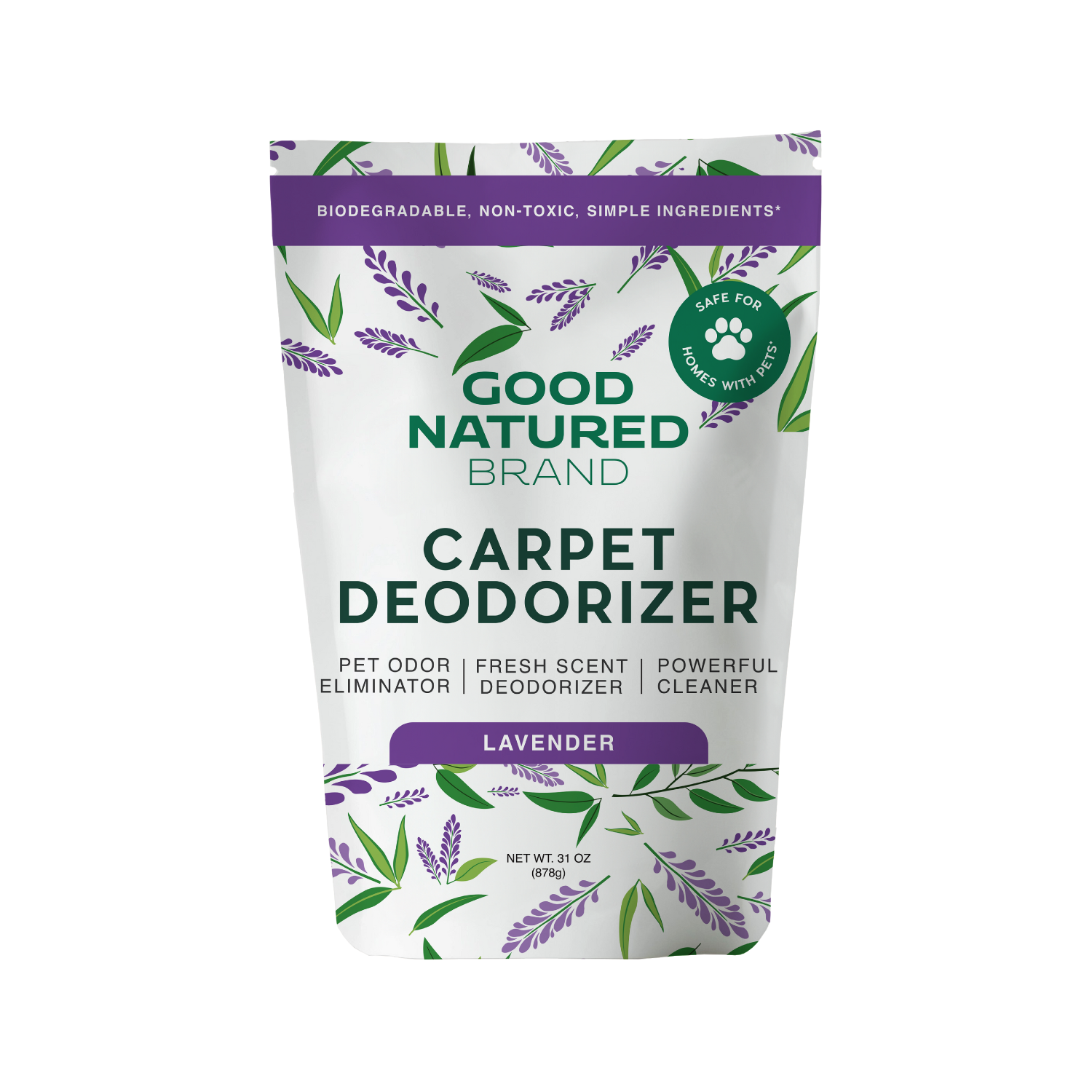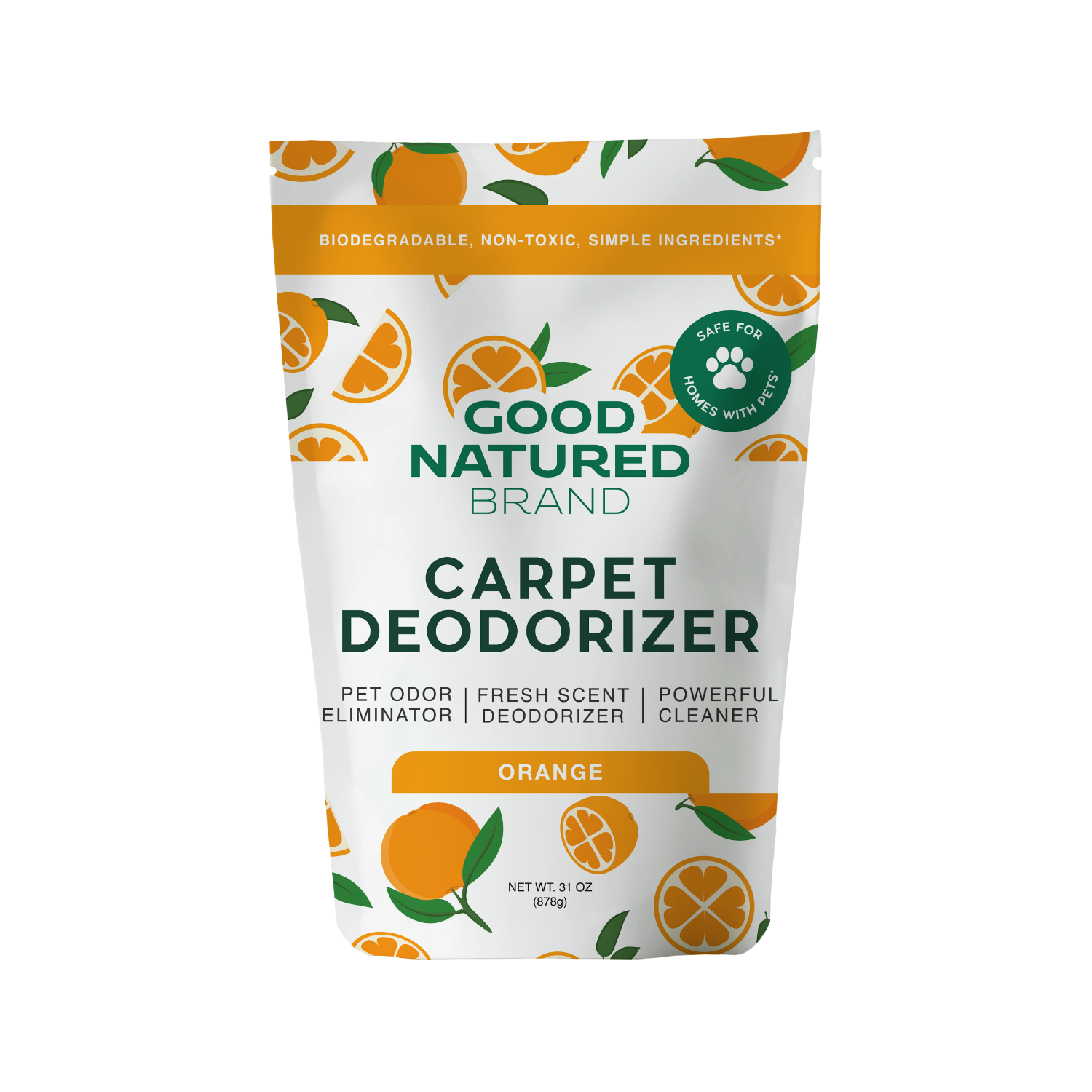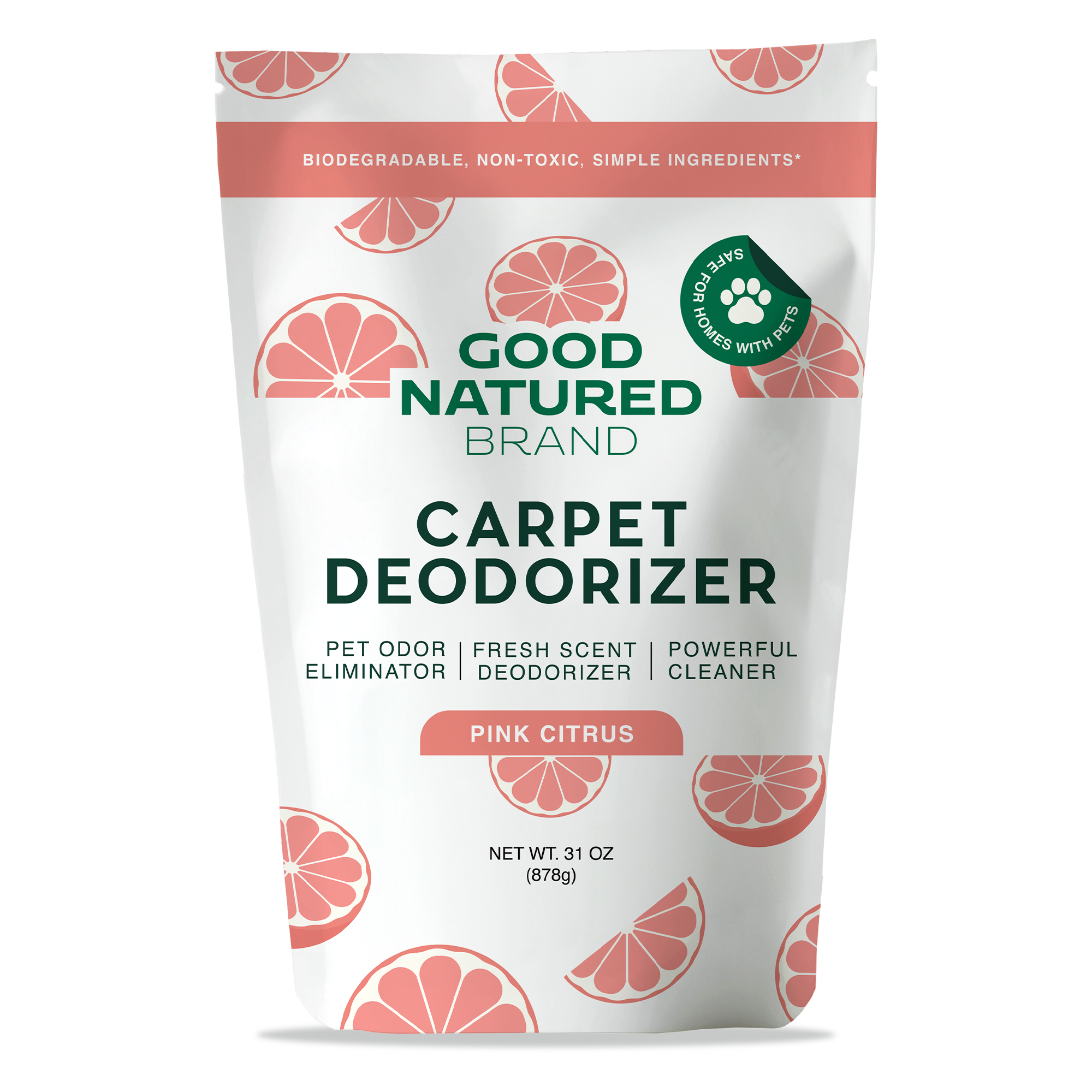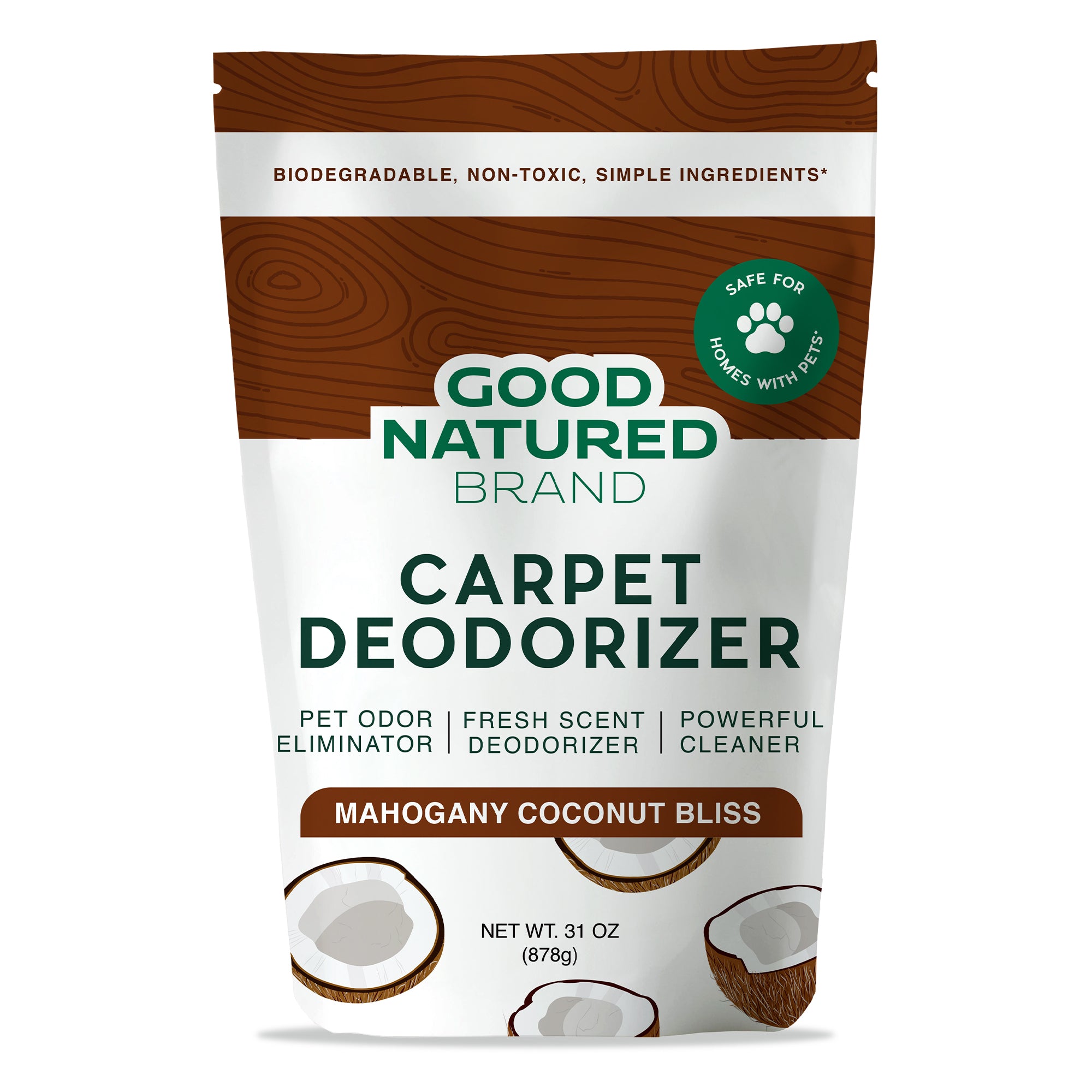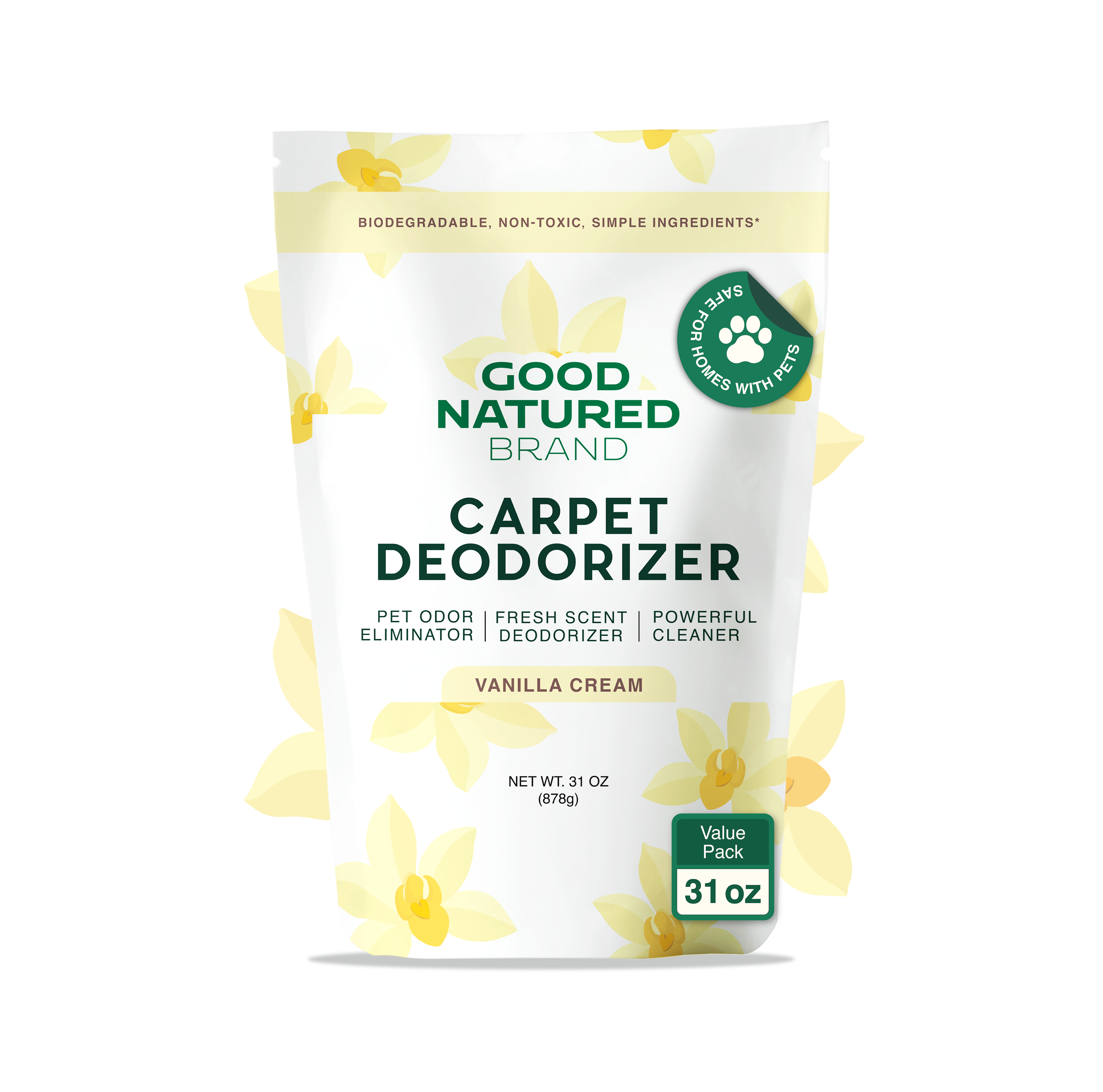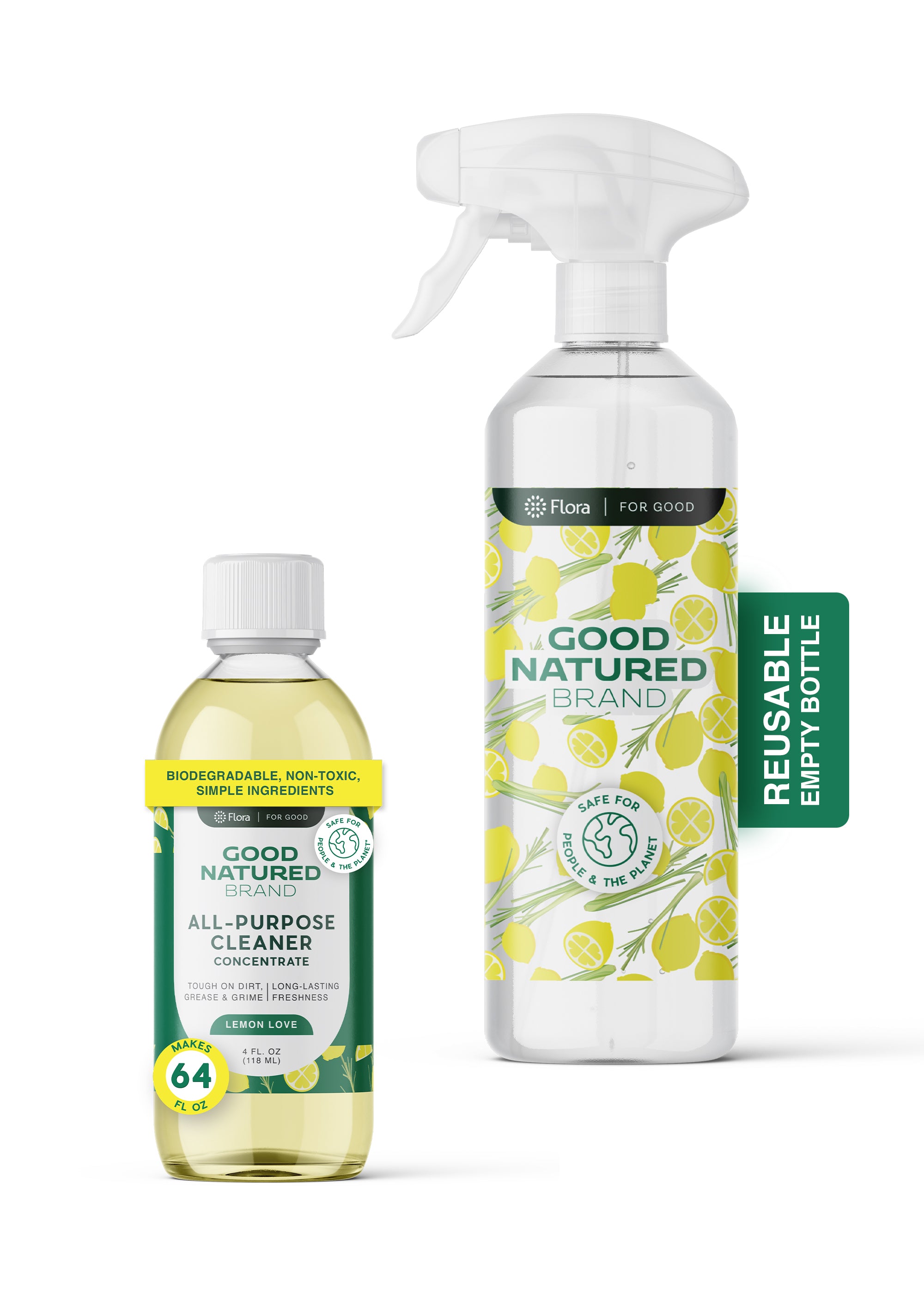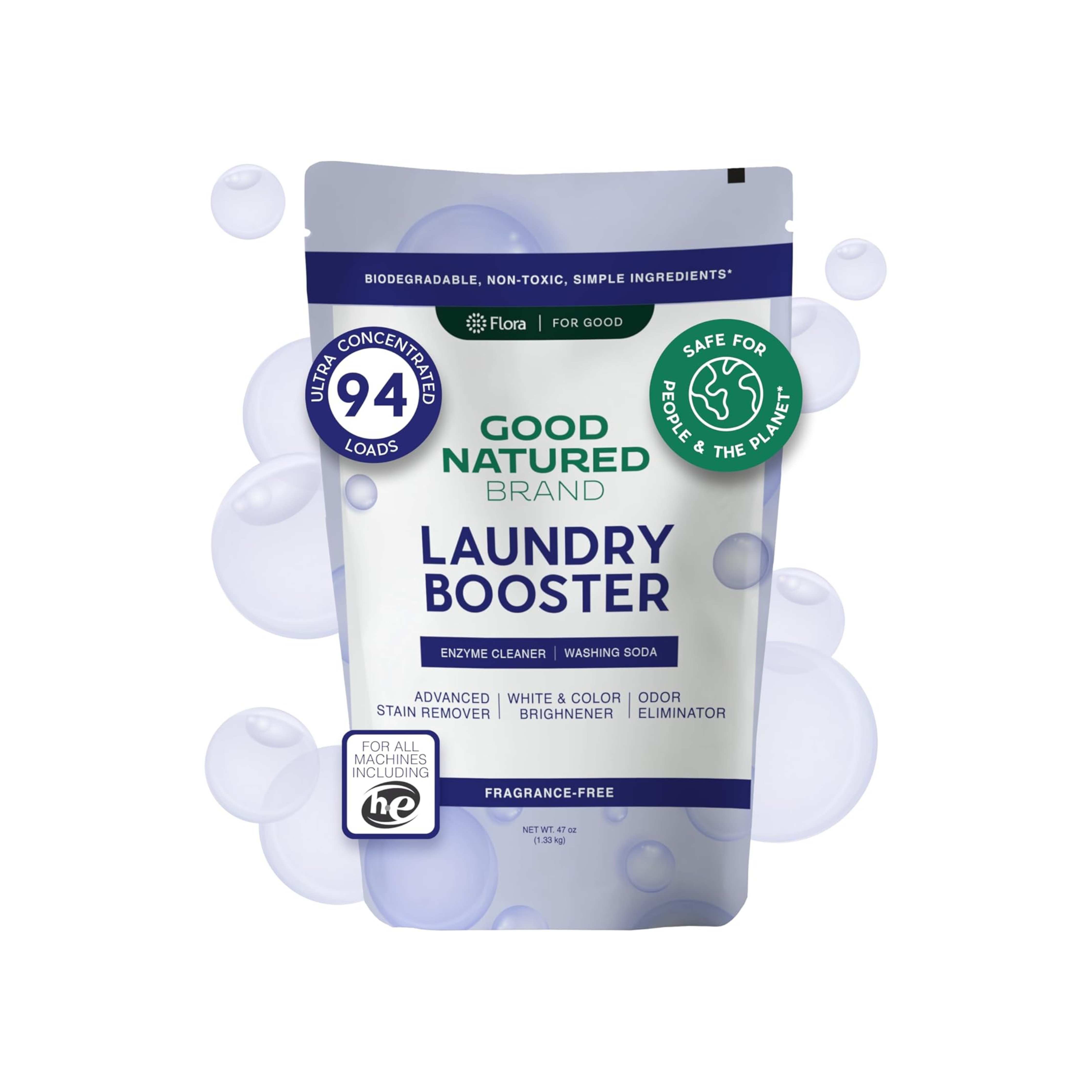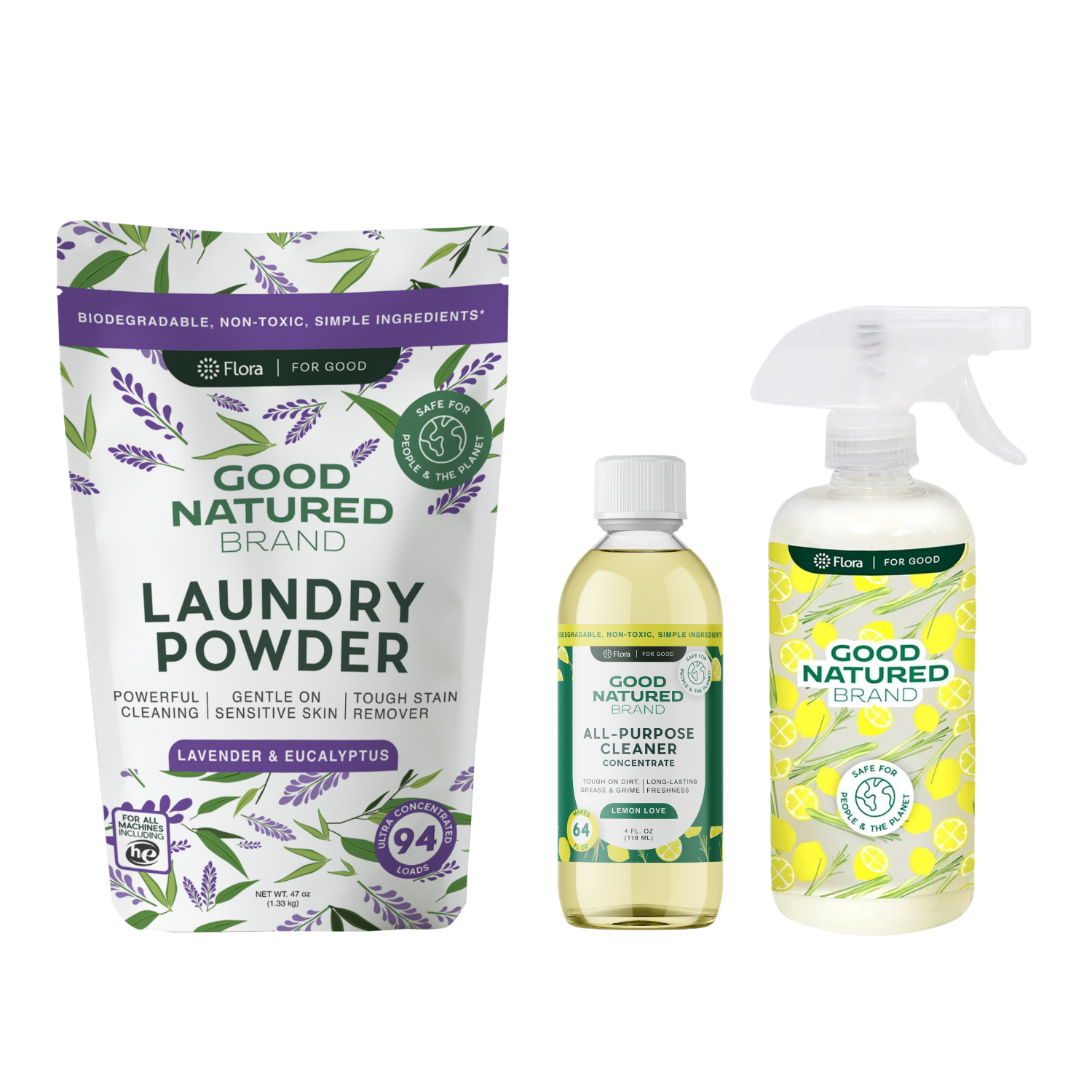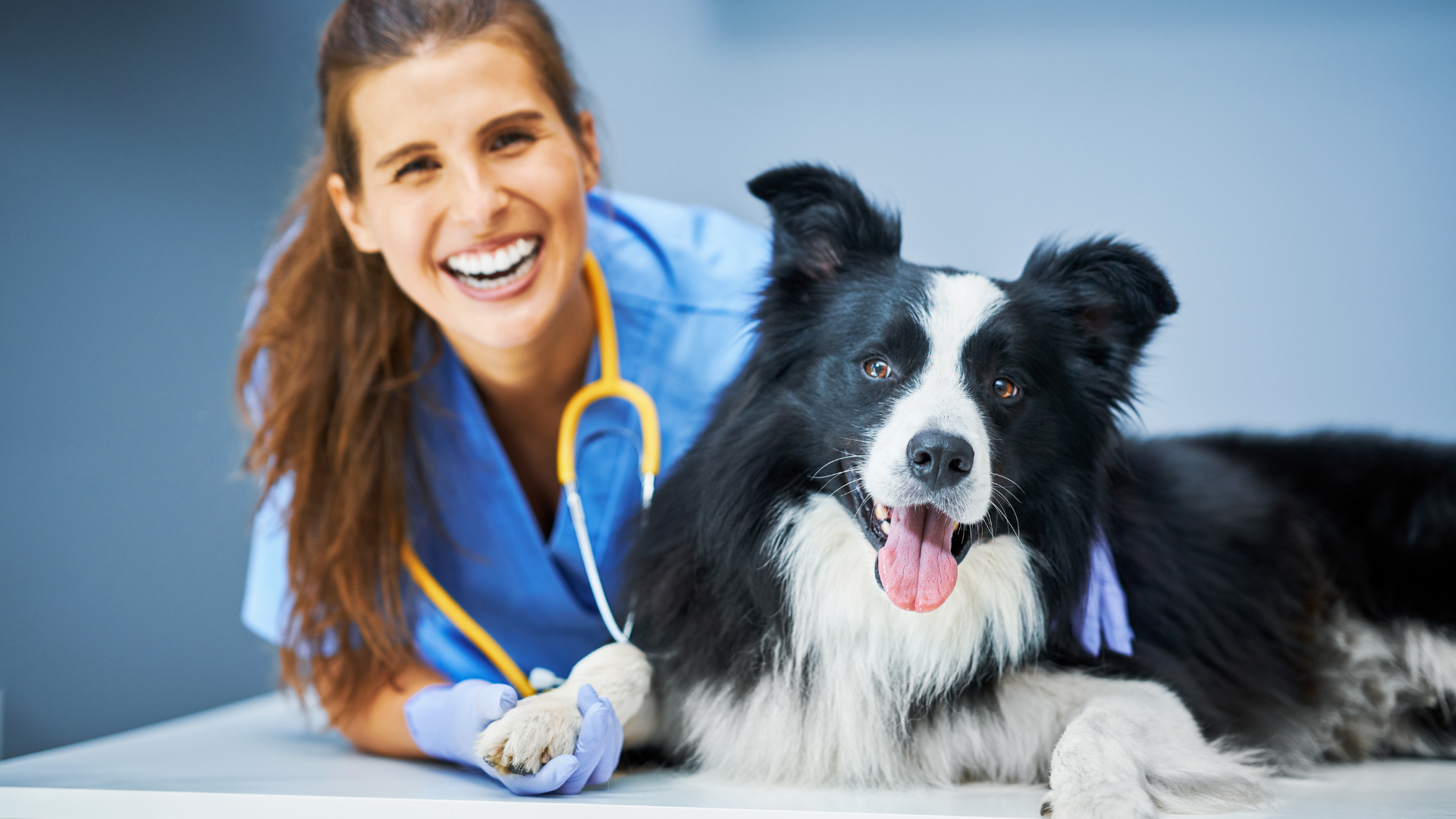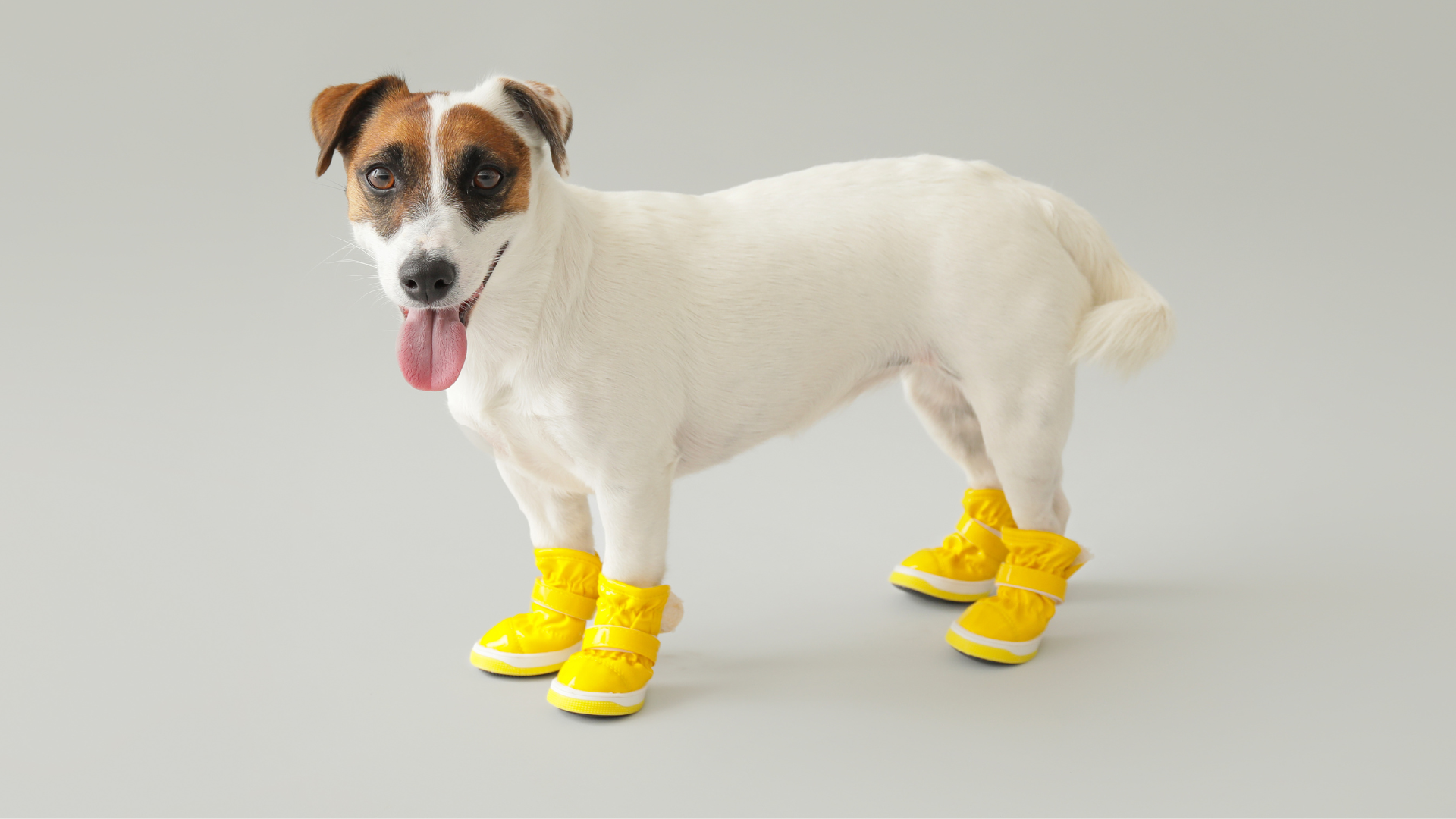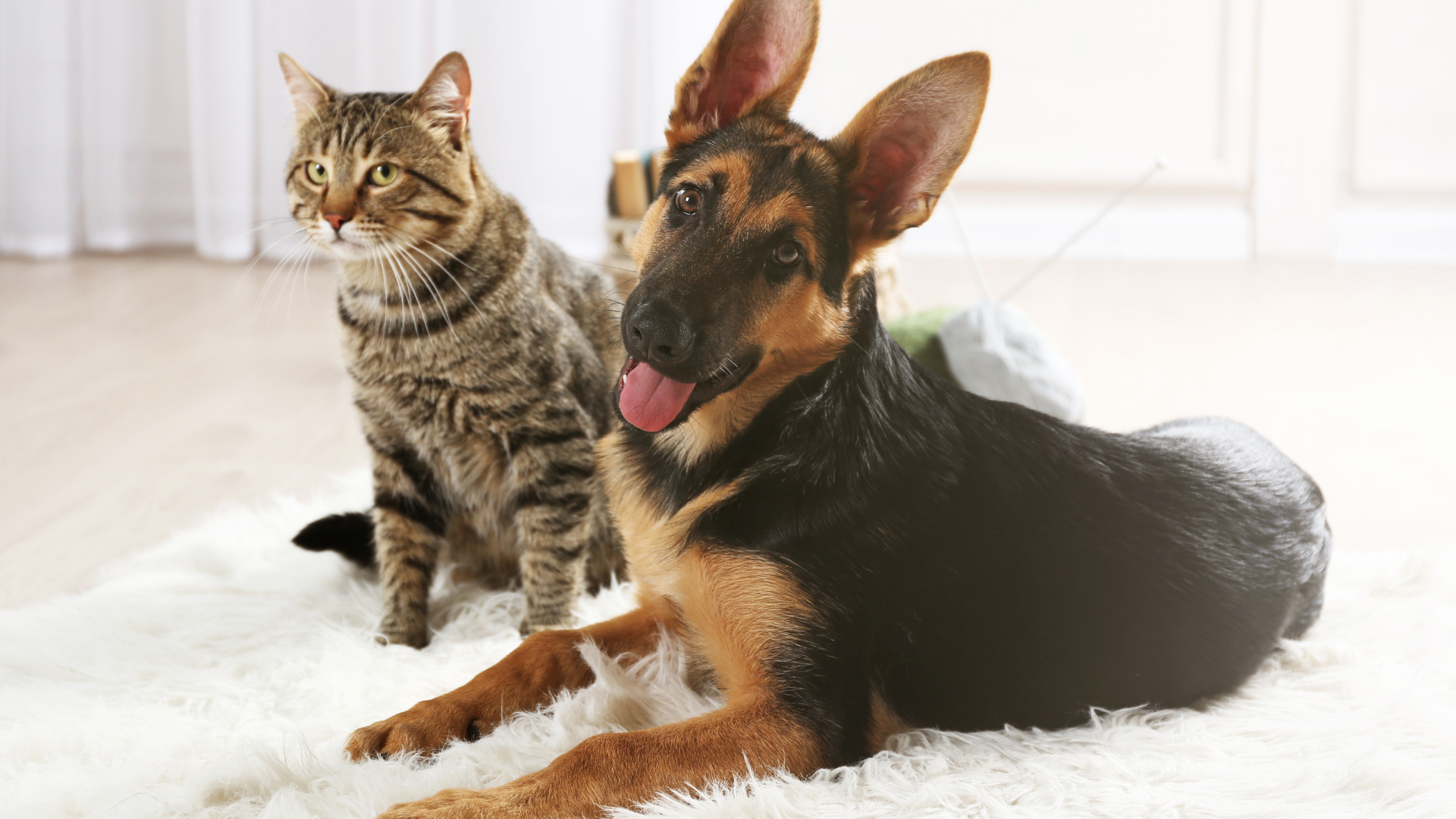Pet parents often wonder which vegetables are safe to share with their furry friends, and a common question is: is cauliflower good for dogs? Cauliflower is a popular, nutrient-rich vegetable for humans, but when it comes to dogs, caution and moderation are key.
While cauliflower can be a healthy addition to your dog’s diet when prepared properly, it’s essential to understand its nutritional value, benefits, and potential risks before feeding it to your canine companion. This guide will help you make an informed decision about introducing cauliflower to your dog’s diet safely.
What Is Cauliflower and Why Do People Consider Giving It to Dogs?
Cauliflower is a cruciferous vegetable from the Brassica oleracea family, which also includes broccoli, cabbage, and Brussels sprouts. It’s known for its white florets, crunchy texture, and mild flavor, and it’s often praised as a low-calorie, nutrient-packed food for humans.
Many dog owners are curious about feeding vegetables like cauliflower because:
-
They want to offer healthier, low-calorie treats
-
They want to add variety to their dog’s meals
-
They’re seeking natural sources of vitamins, minerals, and fiber
Before adding any new food to your dog’s diet, it’s important to understand its nutritional profile and how it can affect canine health.
Nutritional Value of Cauliflower for Dogs
Cauliflower is rich in several beneficial nutrients that can support your dog’s overall health when offered in moderation. Some of its key nutritional highlights include:
-
Vitamins: Especially vitamin C (immune support), vitamin K (bone health), and several B vitamins like folate and B6 (cell and metabolic health)
-
Minerals: Potassium, magnesium, calcium, and phosphorus, which support nerve function, muscle movement, and bone strength
-
Fiber: Helps promote healthy digestion and regular bowel movements
-
Antioxidants: Such as glucosinolates and isothiocyanates, which can help fight inflammation and support the immune system
-
Low calories and fat: Making it a weight-friendly snack
This combination makes cauliflower a nutrient-dense, low-calorie treat that can complement your dog’s regular diet if used sparingly.
Potential Health Benefits of Cauliflower for Dogs
When served correctly and in small amounts, cauliflower can provide several health benefits for dogs:
Supports Digestive Health
The fiber in cauliflower can help regulate your dog’s digestive system, promoting regular bowel movements and supporting beneficial gut bacteria. It’s especially useful for dogs prone to mild constipation.
Boosts Immune System
Cauliflower’s vitamin C content and antioxidant properties can strengthen your dog’s immune response, helping them fight off infections and inflammation naturally.
Promotes Joint and Bone Health
Calcium and vitamin K contribute to stronger bones and joints, while antioxidants may help reduce inflammation in dogs with joint stiffness or early signs of arthritis.
Helps with Weight Management
Because it’s low in calories and fat, cauliflower can serve as a satisfying, crunchy snack for dogs that are on weight control diets. It provides volume and nutrients without excess calories.
While these benefits are appealing, it’s important to balance them with an awareness of the potential risks of feeding too much cauliflower.
Is Cauliflower Safe for Dogs?
Yes, cauliflower is generally safe for dogs to eat in moderation, but there are a few important rules to follow to ensure it doesn’t upset your dog’s system.
-
Moderation is key: Large amounts of cauliflower can cause digestive upset due to its high fiber content.
-
Raw vs cooked: Both are safe, but cooked (steamed or boiled) cauliflower is easier to digest and less likely to cause gas or bloating.
-
Plain only: Never serve cauliflower seasoned with salt, butter, oil, garlic, or onions, as these can be harmful or toxic to dogs.
Offering small, plain portions as an occasional treat is the safest way to let your dog enjoy cauliflower.
Risks of Feeding Cauliflower to Dogs
While cauliflower can be beneficial, it does carry some potential risks when fed improperly or in excessive amounts:
Gas and Bloating
Because cauliflower is high in fiber, eating too much can lead to gas, bloating, and discomfort. Some dogs are especially sensitive to fibrous vegetables.
Choking Hazard
Raw cauliflower florets can be hard and chunky, posing a choking risk, especially for small dogs or dogs that gulp their food. Always cut it into bite-sized pieces.
Possible Allergic Reaction
Though rare, dogs can be allergic or sensitive to cauliflower. Watch for signs like itching, hives, vomiting, or diarrhea after the first few servings.
Seasonings and Additives
Many human cauliflower dishes are roasted or cooked with oil, butter, garlic, or onions—ingredients that can be toxic to dogs. Always serve plain cauliflower only.
Understanding these risks will help you prevent problems and make cauliflower a safe and positive treat experience for your pet.
Can Puppies Eat Cauliflower?
Puppies have delicate, developing digestive systems, and they are more prone to stomach upset from high-fiber foods. While cauliflower is not toxic to puppies, it’s best to avoid it until they are older or introduce it only in tiny amounts with your veterinarian’s approval.
For young puppies, stick to puppy-formulated treats or safe, soft vegetables like steamed carrots or green beans in very small quantities.
A Quick Note on Cleanliness When Feeding Veggie Snacks
When offering your dog snacks like cauliflower, it’s common for pieces to fall onto carpets, rugs, or furniture. To maintain a fresh and clean home environment, sprinkle Carpet Deodorizers to eliminate pet odors, wash dog blankets and towels regularly using Laundry Powders to keep them smelling fresh, and wipe up any food residues from floors and counters with All-Purpose Cleaners. Keeping your home clean makes snack time worry-free.
How to Prepare Cauliflower for Dogs Safely
If you decide to let your dog try cauliflower, preparation matters just as much as portion size. Proper preparation reduces the risk of choking, gas, and digestive upset.
Best practices for preparing cauliflower for dogs:
-
Cook it lightly: Steaming, boiling, or baking makes cauliflower easier to chew and digest. Avoid frying or roasting with oil, butter, or seasonings.
-
Serve it plain: Never add salt, garlic, onions, or spices, as these can be toxic to dogs.
-
Cut it into small pieces: Break florets into bite-sized chunks suitable for your dog’s size to avoid choking.
-
Cool it before serving: Let cooked cauliflower cool completely to prevent burns.
Cooking cauliflower also softens the fibrous texture, making it gentler on your dog’s stomach—especially if they are not used to vegetables.
How Much Cauliflower Can Dogs Eat?
Even though cauliflower can be healthy, moderation is essential. Treats—including vegetables—should make up no more than 10% of your dog’s daily diet.
General portion guidelines:
-
Small dogs: 1–2 small florets occasionally
-
Medium dogs: 2–3 florets occasionally
-
Large dogs: 3–4 florets occasionally
Offer cauliflower only once or twice a week as a treat, not as a meal replacement. Introduce it slowly and watch how your dog responds. Overfeeding cauliflower can cause gas, bloating, and diarrhea due to its fiber content.
Signs Your Dog May Not Tolerate Cauliflower Well
While most dogs can handle small amounts of cauliflower, some may have sensitivities. It’s important to monitor your dog the first few times you serve it.
Watch for these signs of intolerance:
-
Vomiting or nausea
-
Loose stools or diarrhea
-
Excessive gas or bloating
-
Lethargy or lack of appetite
-
Itchy skin or hives (rare allergic reaction)
If you notice any of these symptoms, stop feeding cauliflower and consult your veterinarian to rule out food sensitivities or allergies.
Alternatives to Cauliflower for Dogs
If your dog doesn’t enjoy cauliflower or experiences digestive upset from it, there are plenty of other dog-safe vegetables and fruits you can offer as healthy snacks:
-
Carrots: Crunchy, low-calorie, and great for teeth
-
Green beans: Low in calories, high in fiber
-
Zucchini: Hydrating and gentle on the stomach
-
Pumpkin: Supports digestion and firm stools
-
Apple slices (without seeds): A sweet, hydrating treat
-
Blueberries: Antioxidant-rich and full of vitamins
These alternatives are lower in fiber than cauliflower and may be easier on sensitive stomachs. You can also mix small pieces of these vegetables into your dog’s meals for added nutrients.
What to Do If Your Dog Eats Too Much Cauliflower
Sometimes curious pups help themselves to a big serving of cauliflower when your back is turned. If your dog eats a large amount, don’t panic—but do take quick action.
Steps to follow:
-
Assess how much they ate: Estimate how many florets and whether they were raw or cooked.
-
Watch for symptoms: Monitor for vomiting, diarrhea, bloating, or discomfort over the next 24 hours.
-
Provide plenty of water: This helps prevent dehydration if loose stools occur.
-
Call your veterinarian if symptoms appear: Especially if your dog is very small or has a sensitive digestive system.
In most cases, mild gas or soft stools resolve on their own, but a vet check ensures your dog stays safe and healthy.
Keeping Your Home Clean While Feeding Veggie Snacks
Offering vegetables like cauliflower can get messy—dogs might drop pieces on rugs, furniture, or kitchen floors while they chew. A clean feeding environment keeps your home fresh and safe for both pets and people.
Here’s how to keep things tidy:
-
Sprinkle Carpet Deodorizers on rugs and carpets to neutralize lingering pet odors.
-
Wash your dog’s blankets, towels, and bedding regularly using Laundry Powders to keep fabrics fresh and free from bacteria.
-
Wipe down counters, tables, and feeding areas with All-Purpose Cleaners to remove food residue, grease, and paw prints.
A clean environment not only makes snack time less stressful but also helps prevent bacteria buildup and keeps your home smelling fresh.
More Helpful Resources for Pet Parents
Choosing the right human foods for dogs can feel overwhelming, but doing your research is the best way to protect your pet’s health. For more tips on pet-safe foods, nutrition advice, and home cleaning strategies, explore the Good Natured Brand Blog.
You can also shop the Good Natured Brand website for eco-friendly cleaning essentials designed to keep your pet-friendly home clean, safe, and odor-free.
Is Cauliflower Good for Dogs?
So, is cauliflower good for dogs? Yes—when served in small, plain portions and only occasionally, cauliflower can be a healthy, low-calorie treat that offers fiber, vitamins, and antioxidants.
However, it’s not necessary for your dog’s diet and should never replace balanced dog food. Always start with small amounts, watch for any signs of discomfort, and consult your vet if you’re unsure about introducing new foods.
By offering cauliflower safely and maintaining a clean, cozy home, you can give your dog the occasional veggie treat while keeping them happy, healthy, and thriving.
